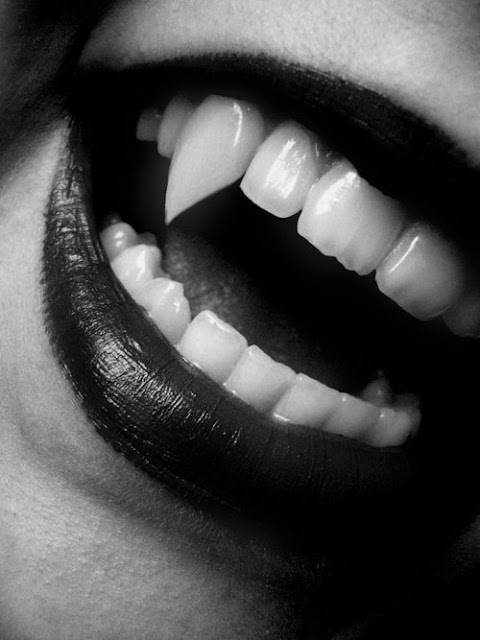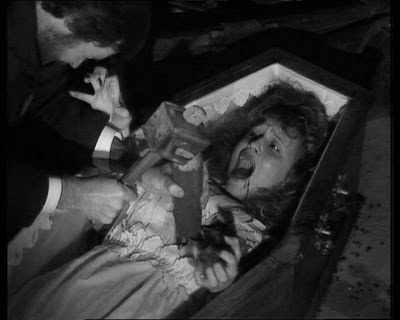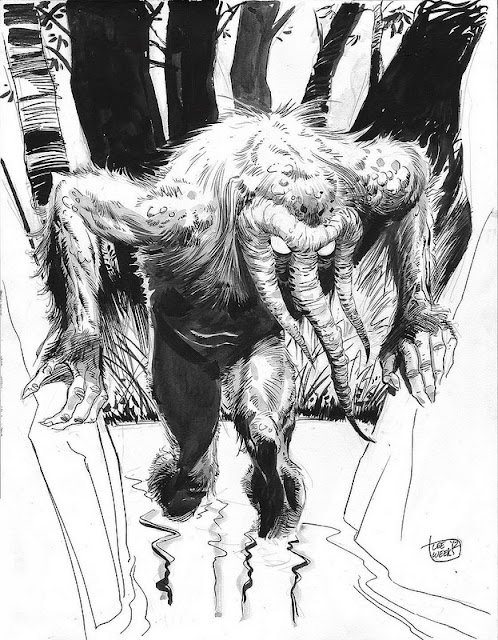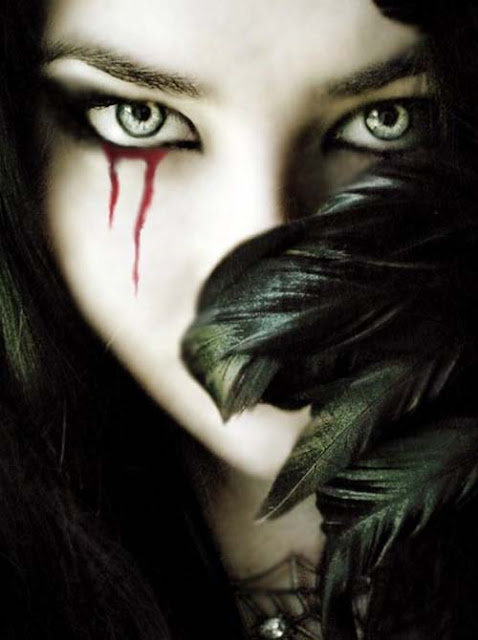The art-horror; horror writing Horror stories The nature of Horror, by Noel Carroll
Abraham "Bram" Stoker (November 8, 1847 – April 20, 1912) was an Irish novelist and short story writer, best known today for his 1897 Gothic novel Dracula. During his lifetime, he was better known as personal assistant of actor Henry Irving and business manager of the Lyceum Theatre in London, which Irving owned.
Showing posts with label Vampires short stories. Show all posts
Showing posts with label Vampires short stories. Show all posts
Howard Phillips Lovecraft: The Thing on the Doorstep
A great Lovecraft vampire story:
http://talesofmytery.blogspot.com.es/2013/07/howard-phillips-lovecraft-thing-on.html#.Ud59nju8CLE
Clark Ashton Smith: The Weird of Avoosl Wuthoqquan
A vampire story of one of the most beloved science-fiction author.
http://www.blogger.com/blogger.g?blogID=1546461626737367296#editor/target=post;postID=6536406345608701881;onPublishedMenu=overviewstats;onClosedMenu=overviewstats;postNum=1;src=link
Joe Hill: Abraham's Boys
Maximilian searched for them in the carriage house and the cattle shed, even had a look in the springhouse, although he knew almost at first glance he wouldn't find them there. Rudy wouldn't hide in a place like that, dank and chill, no windows and so no light, a place that smelled of bats. It was too much like a basement. Rudy never went in their basement back home if he could help it, was afraid the door would shut behind him, and he'd find himself trapped in the suffocating dark.
Max
checked the barn last, but they weren't hiding there either, and when
he came into the dooryard, he saw with a shock dusk had come. He had
never imagined it could be so late.
"No more this game," he shouted. "Rudolf! We have to go." Only when he said
have
it came out hoff, a noise like a horse sneezing. He hated the sound of
his own voice, envied his younger brother's confident American
pronunciations. Rudolf had been born here, had never seen Amsterdam. Max
had lived the first five years of his life there, in a dimly lit
apartment that smelled of mildewed velvet curtains, and the latrine
stink of the canal below.
Max
hollered until his throat was raw, but in the end, all his shouting
brought only Mrs. Kutchner, who shuffled slowly across the porch,
hugging herself for warmth, although it was not cold. When she reached
the railing she took it in both hands and sagged forward, using it to
hold herself up.
This
time last fall, Mrs. Kutchner had been agreeably plump, dimples in her
fleshy cheeks, her face always flushed from the heat of the kitchen. Now
her face was starved, the skin pulled tight across the skull beneath,
her eyes feverish and bird-bright in their bony hollows. Her daughter,
Arlene-who at this very moment was hiding with Rudy somewhere-had
whispered that her mother kept a tin bucket next to the bed, and when
her father carried it to the outhouse in the morning to empty it, it
sloshed with a quarter inch of bad-smelling blood.
Subscribe to:
Posts (Atom)



















